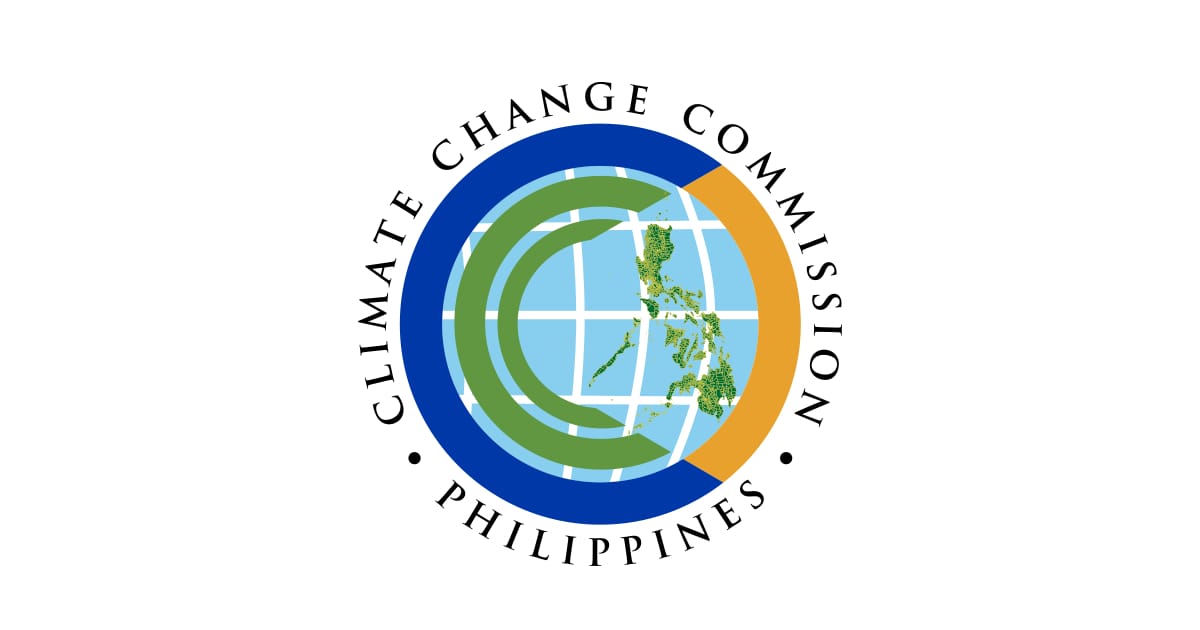Climate Change Commission urges stakeholders to implement National Adaptation Plan - Manila Standard

Source: Manila Standard
The Philippines' Climate Change Commission (CCC) on Saturday called on stakeholders to implement a "National Adaptation Plan Process" to reduce the country's climate change vulnerability.
"We need to create a National Adaptation Plan (NAP) because we have to adjust to the climate changes. In the last couple of years, we have already drafted and finalized the National Adaptation Plan," CCC Assistant Secretary Rommel Cuenca said in a Quezon City news forum.
He highlighted the United Nations' (UN) call for national adaptation plans to "reduce vulnerability and build adaptive capacity."
"Adaptive capacity is the ability of a community, a region, a city, a country to be able to reduce the harm and to exploit the benefits that can come out of adaptation action," Cuenca said.
He stressed the need for an integrated national adaptation plan, involving all sectors -- government agencies, the private sector, academia, and local governments -- to ensure a unified approach to climate resilience.
The said plan prioritizes high-risk areas, integrates adaptation into all planning levels, and aligns national strategies with international commitments.
Cuenca focused on identifying vulnerable areas and sectors while stressing the need for global cooperation, especially at United Nations Framework Convention on Climate Change (UNFCCC) conferences, to garner support from major emitting countries under the Paris Agreement.
The Philippines recently submitted its National Adaptation Plan to the UNFCCC, the CCC said in a June 4 statement.
The commission noted that the Philippines is the third ASEAN country and the 56th globally to submit a NAP. The document, submitted on May 30, outlines the country's adaptation strategies for the period from 2030 to 2050.
